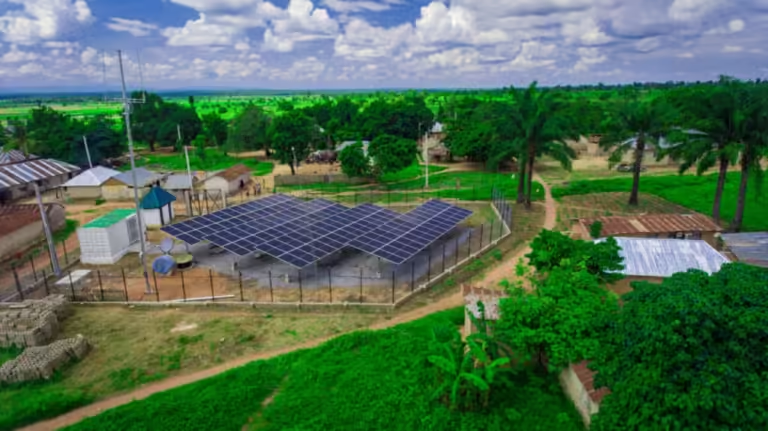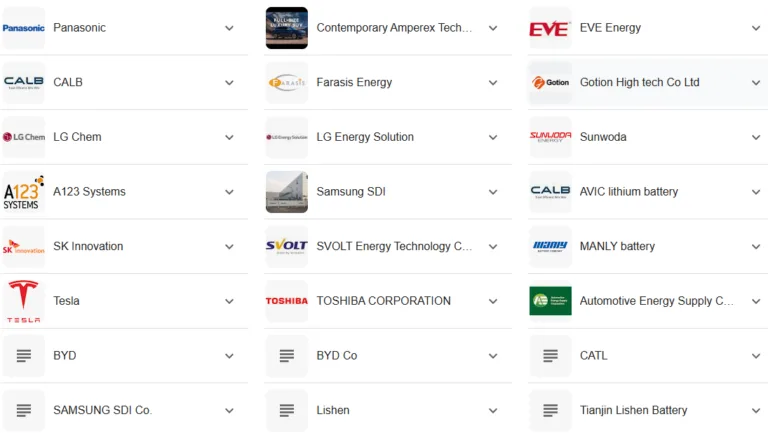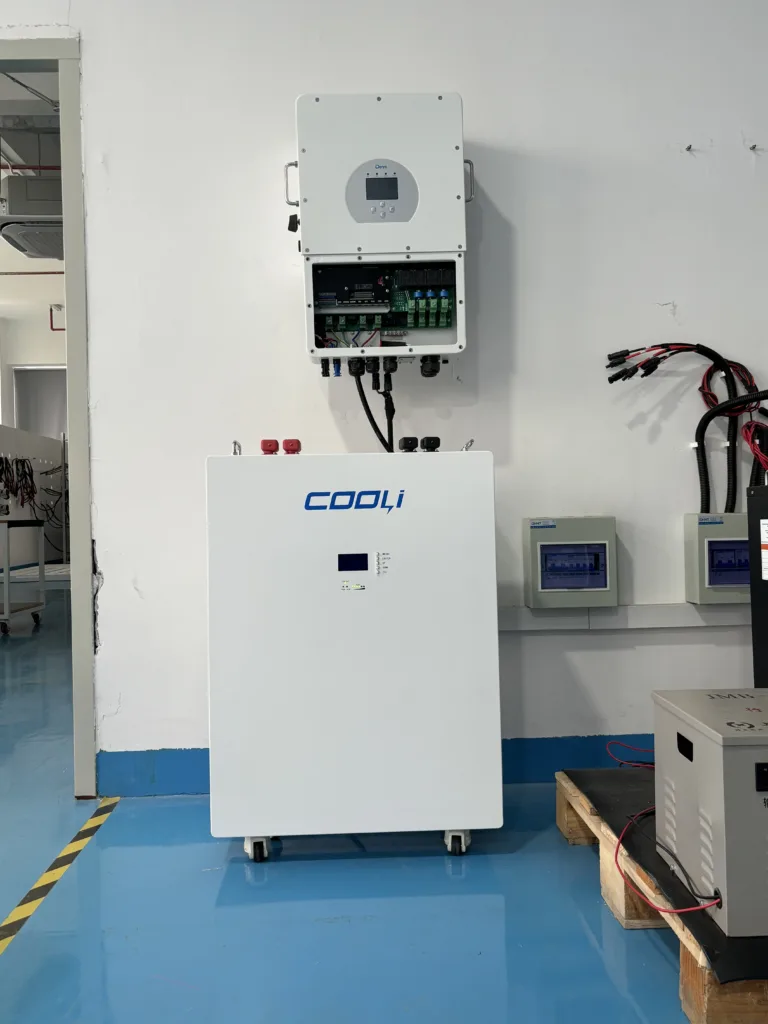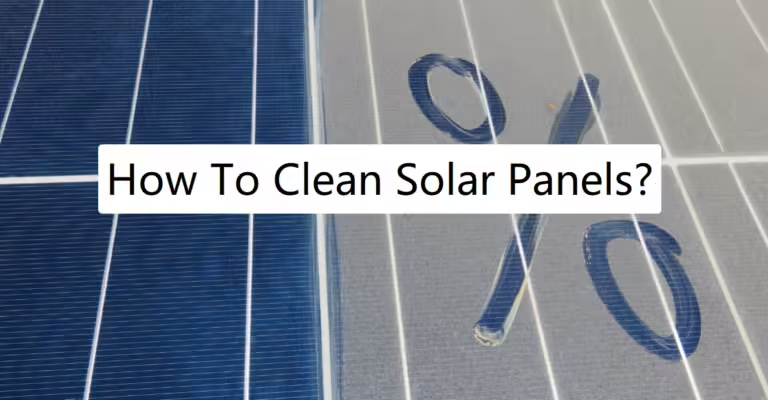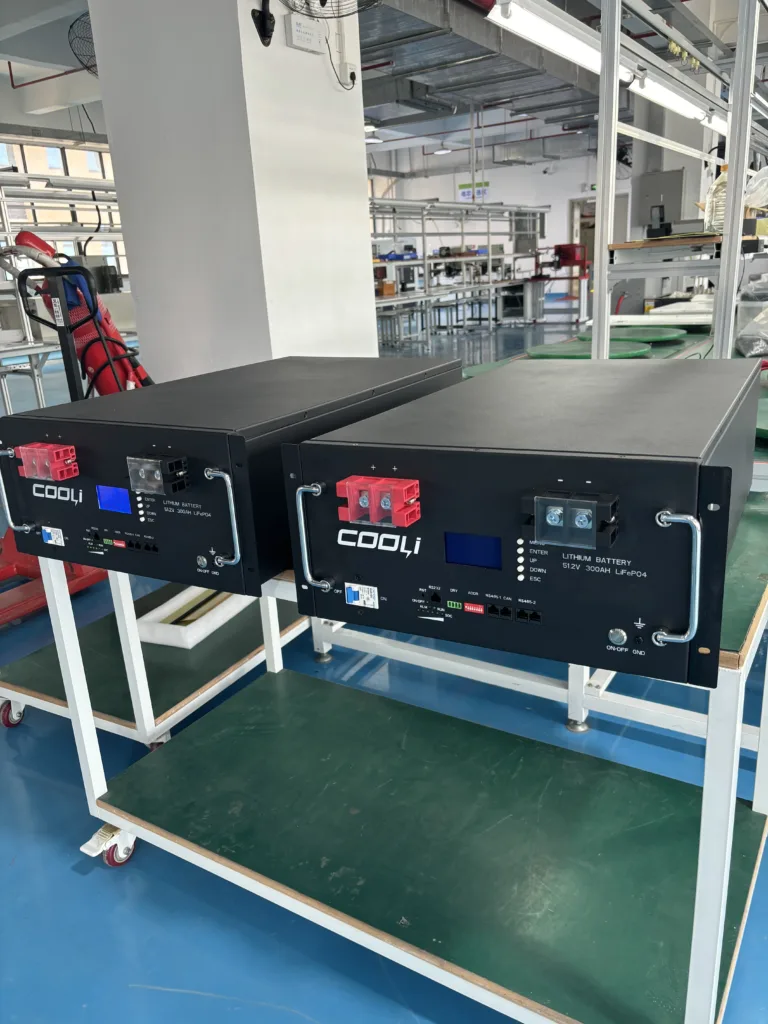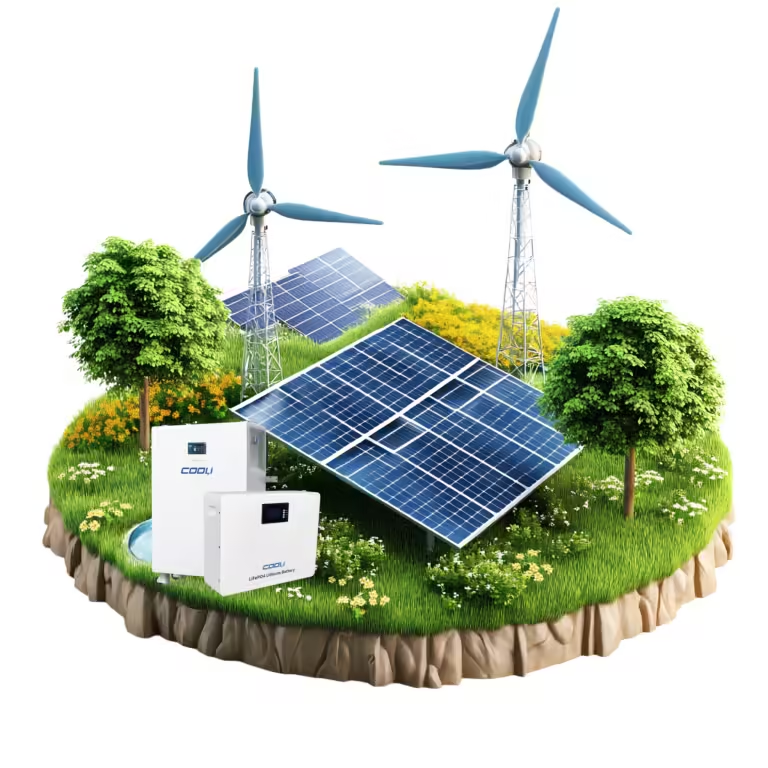5 Must-Know Lithium Battery Safety Tips: Avoid Fires & Protect Your Home!
Are Lithium Battery Safety? Essential Tips for Storage, Disposal & Fire Prevention
Lithium batteries power everything from smartphones to electric vehicles, but their safety remains a hot topic. With reports of fires and explosions making headlines, it’s natural to ask: Are lithium batteries safe? The short answer is yes—when used and stored properly. Let’s dive into critical safety tips, risks, and data-backed solutions to keep your home and environment safe.
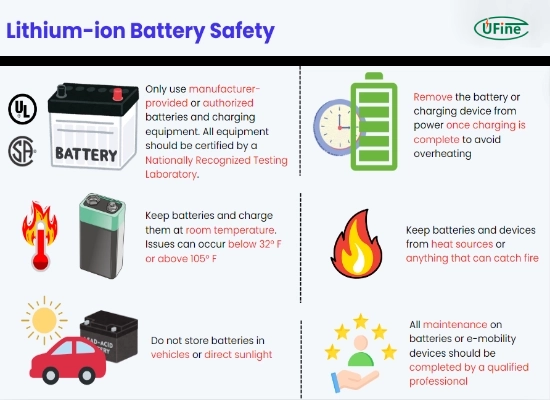
1. How Safe Are Lithium Batteries in Homes?
Lithium-ion batteries are generally safe for household use, but risks arise from misuse, damage, or poor manufacturing. According to the U.S. Consumer Product Safety Commission, lithium battery-related incidents caused over 25,000 fires annually in recent years. However, the odds of a lithium battery exploding are extremely low—estimated at 1 in 10 million when batteries are undamaged and used correctly.
Key risks include:
- Overcharging: Can lead to thermal runaway (a chain reaction causing fire).
- Physical damage: Punctures or cracks may trigger internal short circuits.
- Poor-quality batteries: Counterfeit or uncertified products have higher failure rates.
2. How to Store Lithium Batteries Safely
Where is the safest place to store lithium batteries? Follow these guidelines:
- Temperature control: Store in a cool, dry place (ideally 15–25°C / 59–77°F). Avoid extreme heat (e.g., near stoves) or freezing conditions.
- Ventilation: Use a non-conductive container (e.g., plastic) and ensure airflow to prevent gas buildup.
- Avoid metal contact: Store separately to prevent short circuits.
A 2022 study by UL Solutions found that 40% of battery fires occur during charging. Always unplug devices once fully charged.
3. How to Prevent Lithium Battery Fires
Prevention is key to minimizing risks:
- Use manufacturer-approved chargers: Incompatible chargers overheat batteries.
- Avoid over-discharging: Don’t drain batteries to 0%; most have built-in protection below 20%.
- Inspect regularly: Look for swelling, leaks, or unusual heat.
If a fire starts:
- Do NOT use water initially (lithium reacts with water).
- Use a Class D fire extinguisher (for metal fires) or smother with sand.
- For large fires, evacuate and call emergency services.
4. Safe Disposal of Lithium Batteries
Never toss lithium batteries in regular trash! They can leak toxic chemicals or ignite in landfills. Instead:
- Recycle: Use certified e-waste centers (find locations via Earth911).
- Tape terminals: Cover +/- ends with non-conductive tape to prevent shorting.
- Retail drop-offs: Stores like Best Buy or Home Depot often accept used batteries.
Only 5% of lithium batteries are recycled globally (UNEP, 2023), highlighting the urgent need for proper disposal.
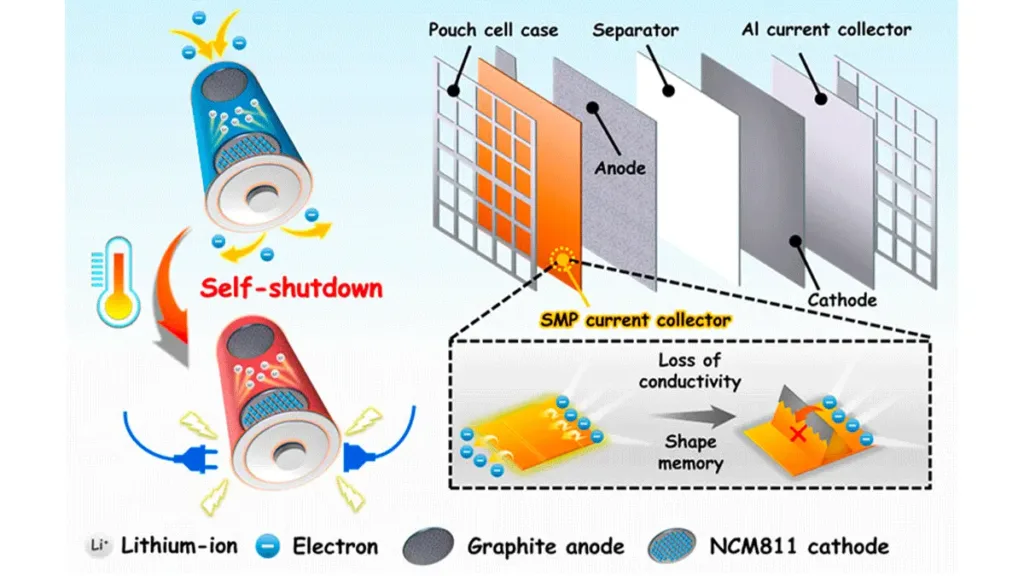
5. Do Lithium Batteries Emit Toxic Fumes?
Yes. When lithium batteries burn, they release toxic gases like hydrogen fluoride and carbon monoxide. Always:
- Ventilate the area immediately.
- Wear a mask if near a damaged battery.
- Seek professional help for large-scale incidents.
6. The Biggest Problem with Lithium Batteries
The primary issue is thermal runaway—a rapid, uncontrollable temperature rise that can cause explosions. This is often triggered by:
- Internal defects.
- External damage (e.g., crushing).
- Exposure to high temperatures.
Final Thoughts
Lithium batteries are safe for daily use when handled responsibly. Prioritize certified products, proper storage, and recycling to mitigate risks. By following these guidelines, you’ll protect your home, loved ones, and the environment.
Stay informed. Stay safe.
5kWh LiFePO4 Battery in Vietnam 10kWh Energy Storage Solutions for Yemen 15kWh LiFePO4 Solar Storage 15kWh Solar Battery 24V vs 48V Lithium Battery 48V Lithium Batteries 51.2V 200Ah 10kWh Battery 51.2V 200Ah LiFePO4 Batteries Wholesale 150kW Solar System 300Ah 51.2V Floor Standing Battery Battery IP Ratings battery manufacturer in China Best LiFePO4 Batteries Engineered for Middle East Desert Best Lithium Battery in Pakistan Bulk Buy Home ESS China DDP Wholesale China Sourcing Tips China’s Top Battery Manufacturer Custom Household Batteries Direct Factory Custom Lithium Batteries Depth of Discharge (DoD) energy storage battery Grade A Battery home energy storage Lead-Acid to Lithium LiFePO4 batteries LiFePO4 Batteries in Australia LiFePO4 Batteries in the Philippines LifePo4 battery LiFePO4 Battery Manufacturers LifePO4 Battery Technology LiFePO4 Battery vs. Lithium-Ion LiFePO4 vs NMC Home ESS Lithium Battery Manufacturer Lithium Battery Safety Tips lithium ion battery Market Trends Off-Grid Solar Batteries for European Homes Reliable Home Battery Bulk Suppliers Solar Batteries in Syria Solar Panel solar system Top 10 Home Battery Alibaba Suppliers Verified Wall-Mounted Lithium Batteries Wall vs Rack Batteries

